What You Should Know Before Boiler Replacement
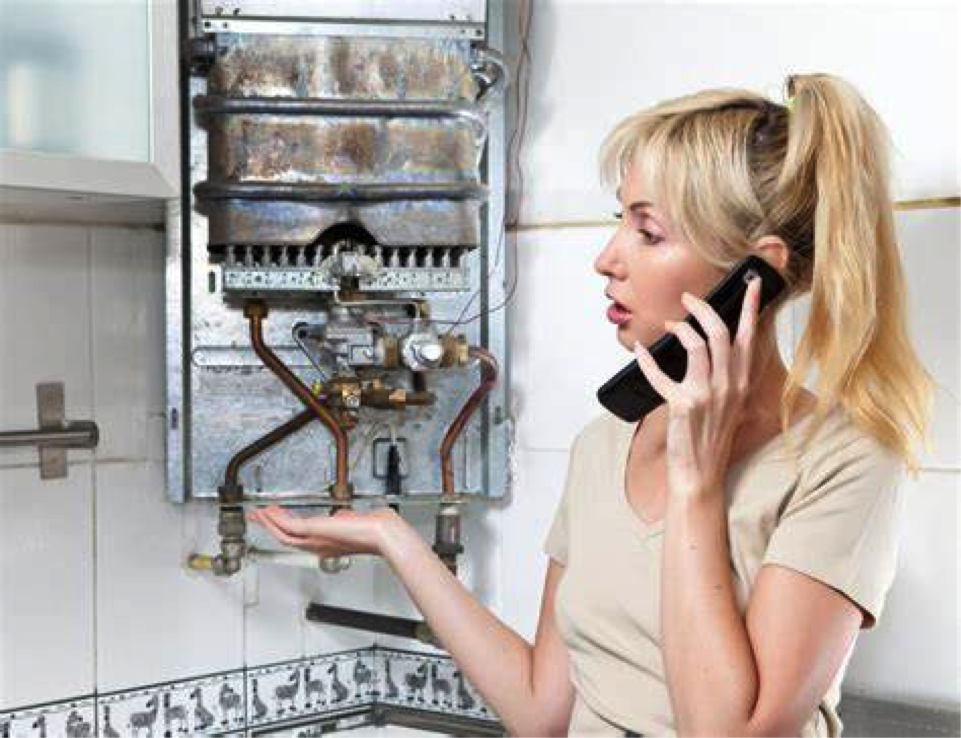
Is your boiler getting old and in need of a replacement? Here is what you should know before replacing it!

All the devices we use in the household have a particular work span. It depends on how much we use and how we maintain them. But even when we do everything right, aging and decay of household items over the years simply happen. Boilers are devices used in many households for heating and warming technical water. That practically means that they work almost non-stop. Since this appliance and its installation cost several tens of thousands of dollars, this device should work without problems for at least a few years (with regular maintenance).
On this page, you can find an explanation of how the heating system with the boiler works. After a while, however, the boiler will inevitably begin to show downtime and inefficiency. If you ignore these ‘symptoms,’ failures are unavoidable, and most likely, replacement of the complete unit. Replacing the old boiler may be a shock to your budget, but it is undoubtedly a more cost-effective option than to repair an old unit every so often. A broken water heater can cause additional problems and costs. The age of the boiler is not the only reason why you need to replace it. The general recommendation is to upgrade the water heater when it is older than 15 years, to avoid potential breakdowns and high repair costs. But the device that is over ten years old may work perfectly well. These heating devices are probably maintained regularly, and all malfunctions have been fixed on time. But if any of the signs that will be explained below appear, you will need to replace the old appliance with a new boiler that has a higher efficiency rating.

Frequent Breakdowns
The first clear sign that a device is ready to be replaced is its inefficiency. Your heating bills are high, and your home is not getting the temperature you want. If you find that the malfunction is not up to the radiator, thermostat, or any other part of the heating system, the boiler is probably a problem. According to experts for boiler installations Sheffield, a sure sign that repairing an old heater is no longer worthwhile is when failures become common. If you replaced everything that could be replaced, and you still pay for a boiler repair every few months, your device rang. Often one problem recurs, and even professionals no longer have a solution to it. There are many reasons for reduced operating efficiency – scale buildup, water leakage, reduced pressure, etc. When the expenses of repairs go beyond the costs of buying and installing a new appliance, then it’s time to say goodbye to the old heating unit. When planning to have a boiler replacement, it is also important to know the boiler installation cost together with the price of the boiler itself.
Unusual Noise
In a heating system, sounds such as low hum or occasional crackling are common. However, when you notice the sounds that you have not heard before, there’s probably a problem within the system. If you have an old heating unit, this could happen due to wear-and-tear of material (corrosion, rust, scale deposits). If you notice that the system has become too loud, or you hear persistent throbbing inside the heating unit, turn the system off, and check the problem. Do not open the device yourself, but notify an authorized service. Professional repairers will come to your address as soon as possible.
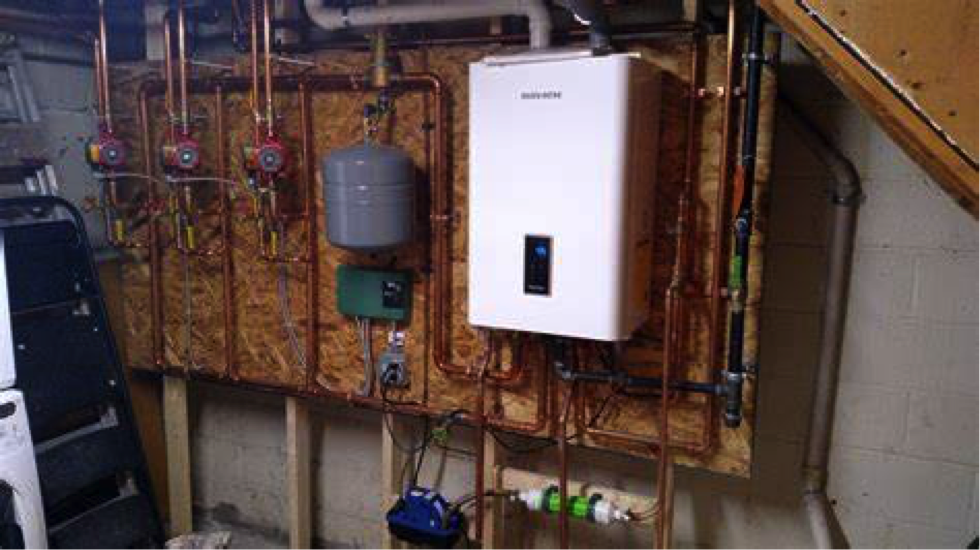
Where to Buy the Replacement Model
When the replacement of an outdated device is inevitable, it also means that it is time to buy a new model. It can be quite an exhausting task if you do not know what you need and where to look for it. Also, this purchase can cost you more if you rush and don’t do research of boilers available on the market. Here you can find some questions to ask a boiler seller. The first option is to contact the manufacturer of the appliance you currently have and inquire about their offer. You can also contact local experts to replace these devices. The great benefit of contacting them is that they can come into your home and see what kind of water heater you need, depending on the heating system setup.
Things to Consider before Purchase
The choice of model will mostly depend on your budget. Make sure you don’t buy low-cost devices and you look up the cost of a new boiler. There are probably good reasons for such a low price. Even if you don’t have enough money for a replacement, maybe you can apply for a subvention. Or you can rent a boiler. So don’t cut corners on the durability and quality of the boiler as it should serve you for many years. Always look for a replacement model that has a higher level of energy efficiency. All the models available on the market are in the category of energy-saving devices, which means you can expect savings on your monthly electricity bills. Don’t forget to check the warranty period. It’s usually two years, but it can be up to seven years (some manufacturers give prolonged warranty). Warranty means you’re insured in case the heating unit you bought is faulty or broken. Do a double-check of which breakdowns are covered with this insurance.
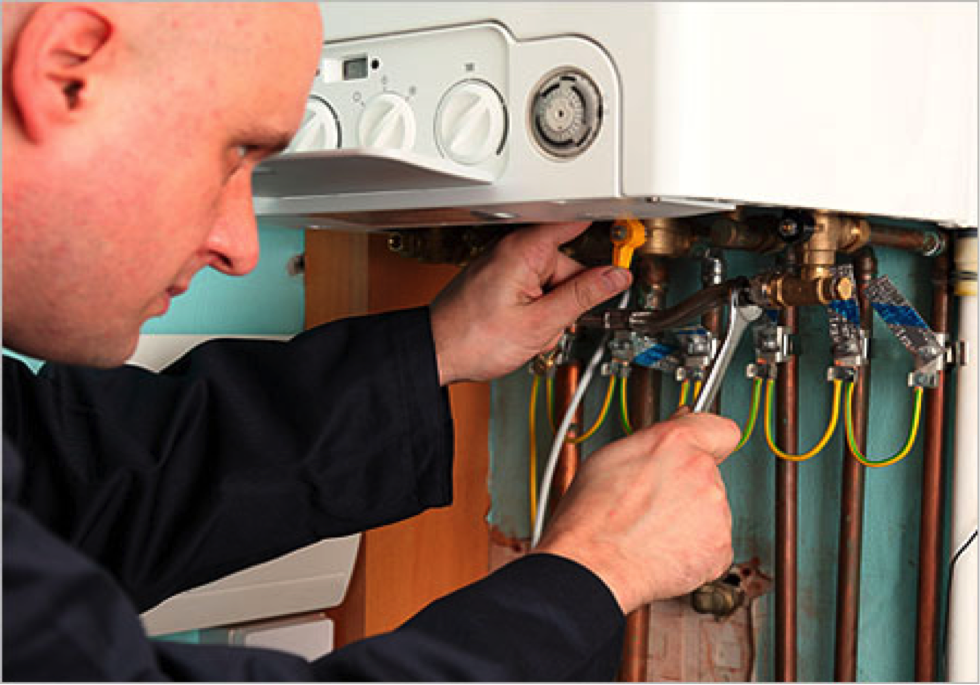
Don’t Install the Boiler Yourself
If you buy the heating device directly from the manufacturer or an authorized dealer, they also offer you professional appliance installation services. In case you decide on some form of direct purchase (go to the brick-and-mortar shop or the purchase), you need to arrange the installation of the device on your own. That doesn’t mean you do this job yourself. Regardless of your DIY skills, boiler replacement still requires the involvement of professionals. They know things you certainly don’t – for example, the venting requirements of the unit, depending on its type. Or which chemicals are necessary for flushing of the heating system after boiler re-installation. The timely replacement of an old boiler with a new model is essential not only for financial savings but also for safety. A faulty device is like a ticking bomb. That is why water heaters need to be handled only by experts, who will properly remove the old device and install the new unit.
References: https://heatable.co.uk/boiler-advice/boiler-replacement


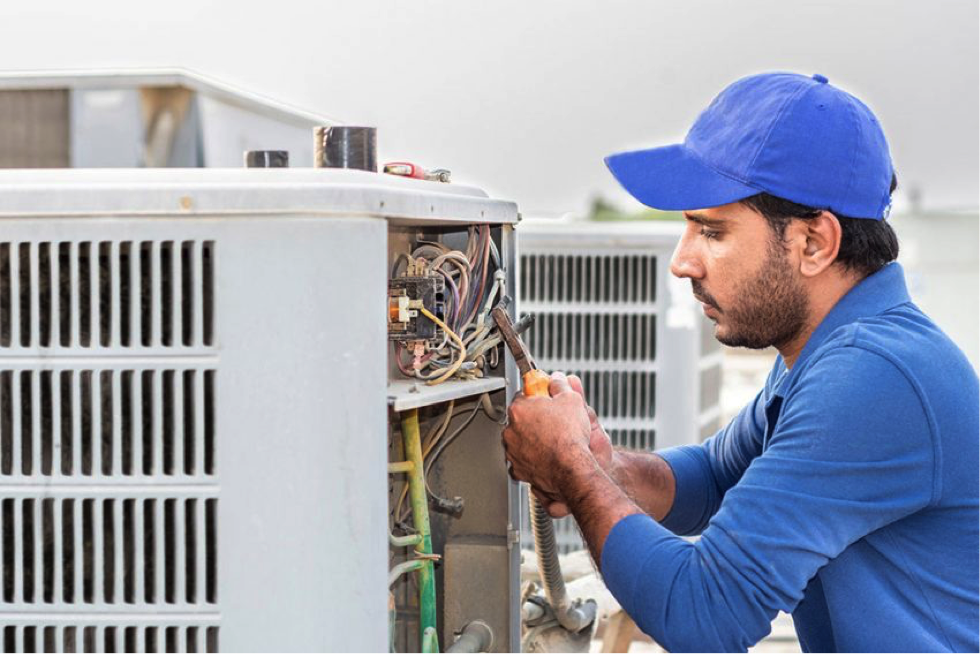

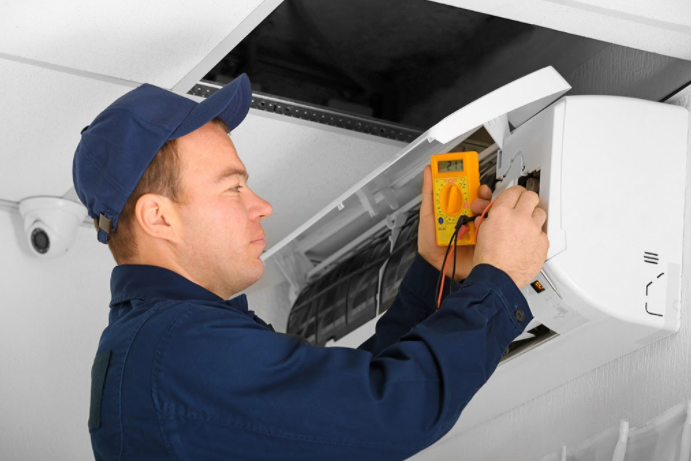


Leave a Comment